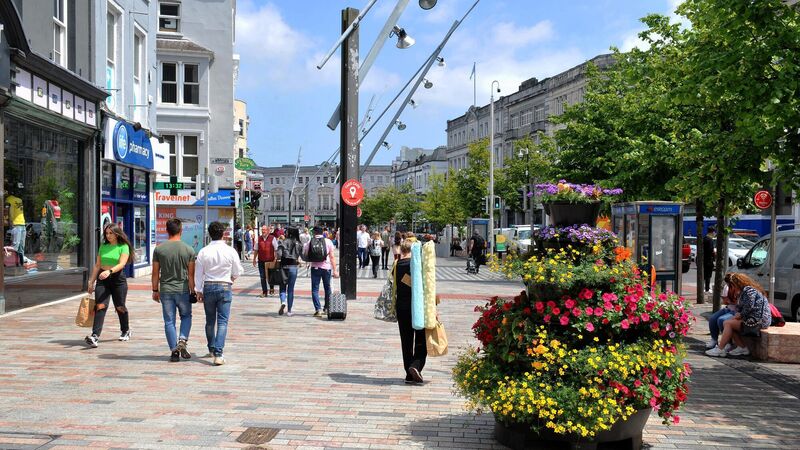Cork and Dublin to take part in European climate neutrality project

Cork City Council chief executive Ann Doherty said the new status 'places us at the heart of the urban sustainability agenda' in Europe. File picture: Larry Cummins
Cork and Dublin are among 100 cities chosen by the European Commission to participate in a major new project aimed at climate neutrality by the end of the decade.
The two Irish cities were chosen out of 377 across the continent as "experimentation and innovation hubs to put all European cities in a position to become climate-neutral by 2050" as part of the so-called Cities Mission.
CLIMATE & SUSTAINABILITY HUB













